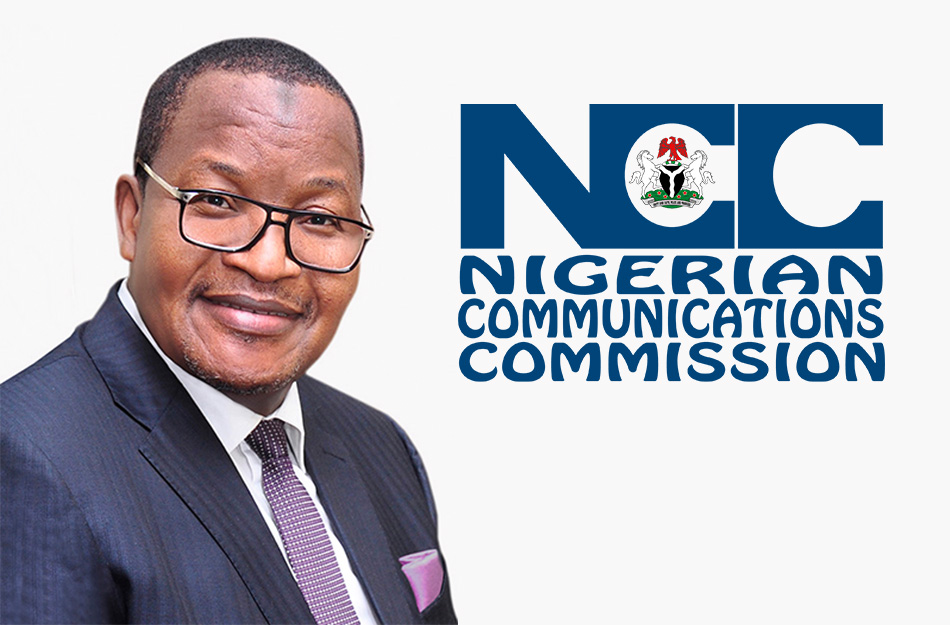*Commits to deepening operator-regulator relations
By Ignatius Okorocha
As part of the novel initiative to strengthen and deepen regulatory engagements and relations with operators, a delegation of top management of the Nigerian Communications Commission (NCC) has visited the headquarters of Mobile Network Operators (MNOs) to inspect their technical infrastructure and other facilities.
The delegation led by the Executive Commission, Stakeholder Management (ECSM) at NCC, Adeleke Adewolu, was in Lagos for a weeklong exercise essentially to get first-hand information about MNOs’ operations as well as verify challenges of the MNOs.
The inspection was part of the NCC’s efforts to ensure operational efficiency and improve the regulatory framework, according to Dr. Ikechukwu Adinde, Director, Public Affairs, NCC.
Places visited during the regulatory inspection included Airtel, 9Mobile, Globacom, MTN and Spetranet, where the NCC delegation engaged managements of the telecom companies in robust discussions to gain insights into their operational issues.
The delegation equally visited the operators’ data centre facilities, assessed their compliance with the National Identity Number (NIN)-Subscriber Identity Module (SIM) linkage exercise at their Customer Care Centres, and also inspected the landing stations of international submarine cables.
During the visits, the NCC delegation guided on the tour of the facilities by Airtel’s Chief Commercial Officer, Godfrey Ofeuhobo; 9Mobile’s Chief Executive Officer, Mr. Juerjen Perchel; Globacom’s Head of Regulatory Services, Michael Toluhi; MTN’s Chief Executive Officer, Karl Toriola; and Spectranet’s Chief Executive Officer, Mr. Ajai Avasthi respectively.
The operators commended the Commission for ensuring effective telecom regulatory regime towards addressing challenges confronting their operations.
They also beseeched the NCC delegation to continue to develop initiatives aimed at reducing the impact of their major operational challenges on the service delivery and their revenues.
The MNOs listed areas of intervention to include: wilful and inadvertent fibre cuts; theft of telecoms equipment; non-availability and inadequacy of, as well as unstable power supply; multiple taxation and regulations across all the three tiers of government; damages caused undersea cables by marine transportation systems; scarcity and difficulty in accessing Foreign Exchange (FOREX); as well as insecurity which has impeded network rollout, especially in some parts of the country.



